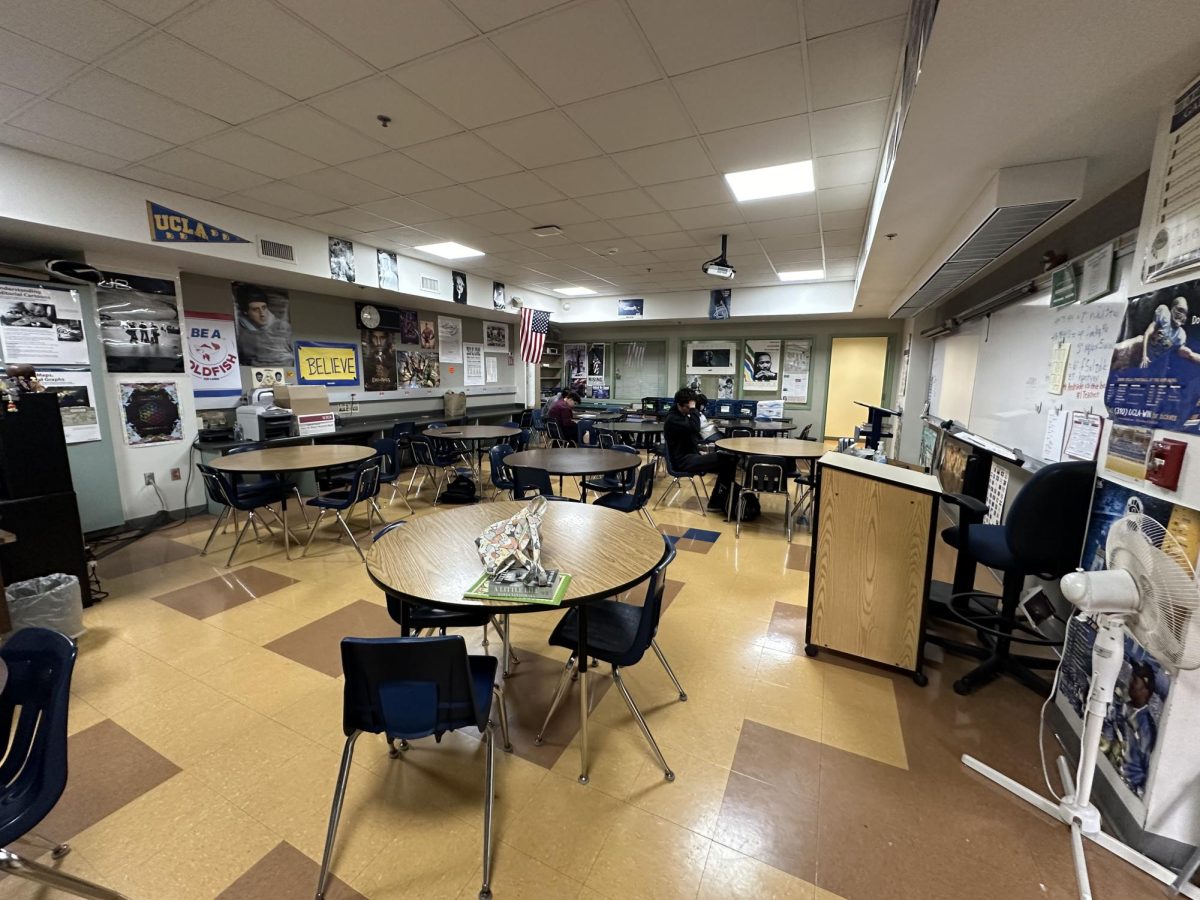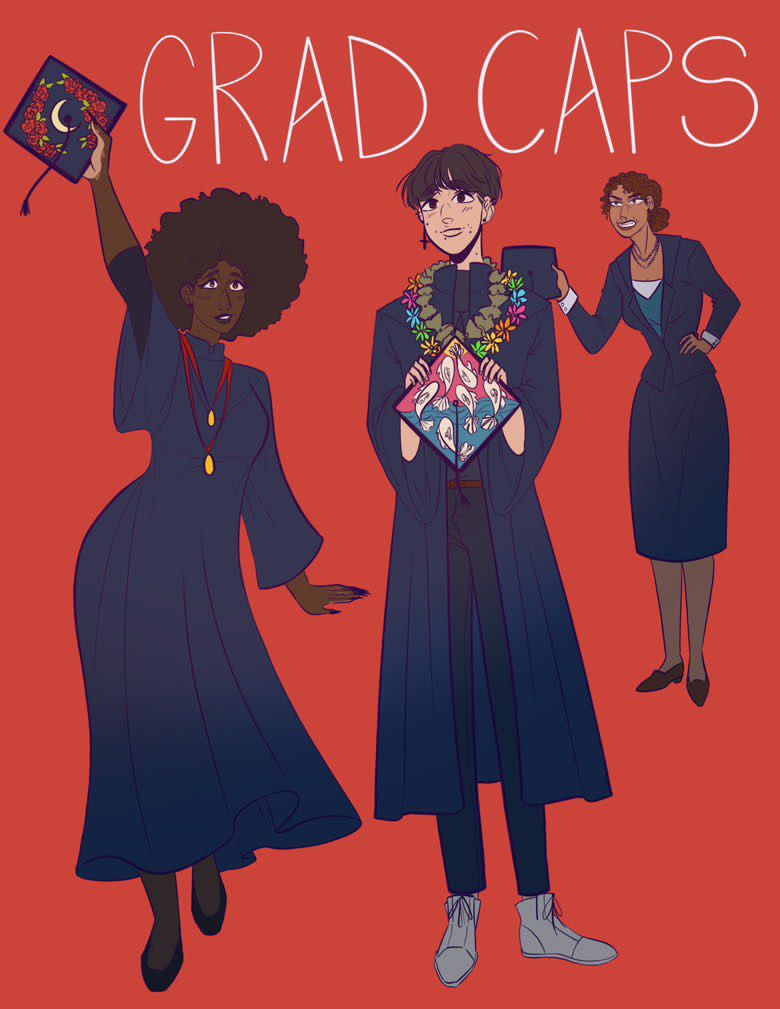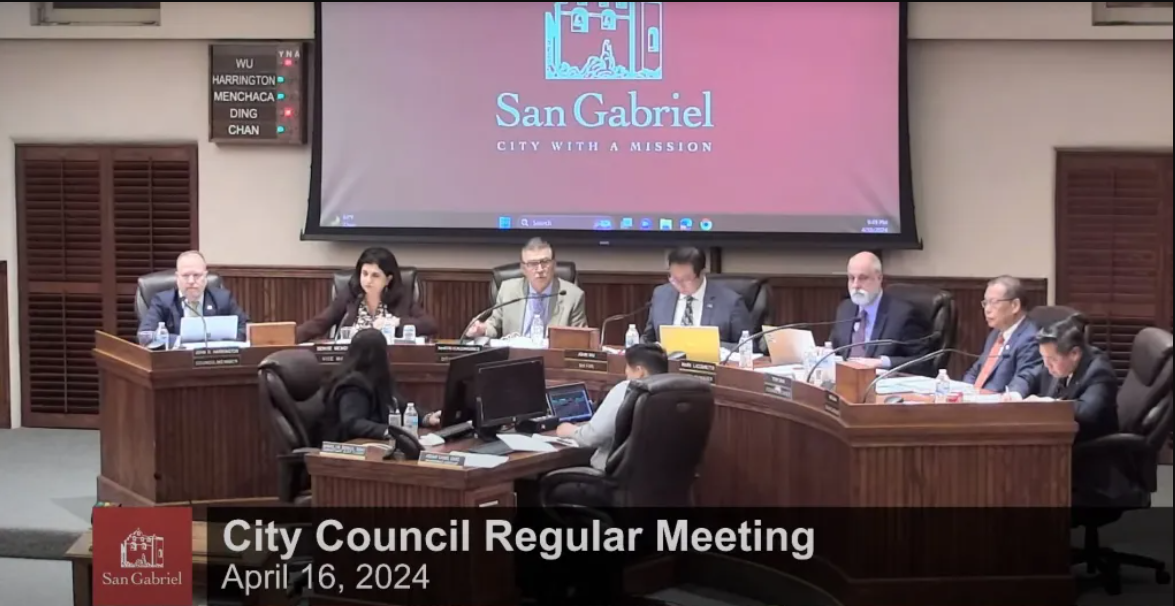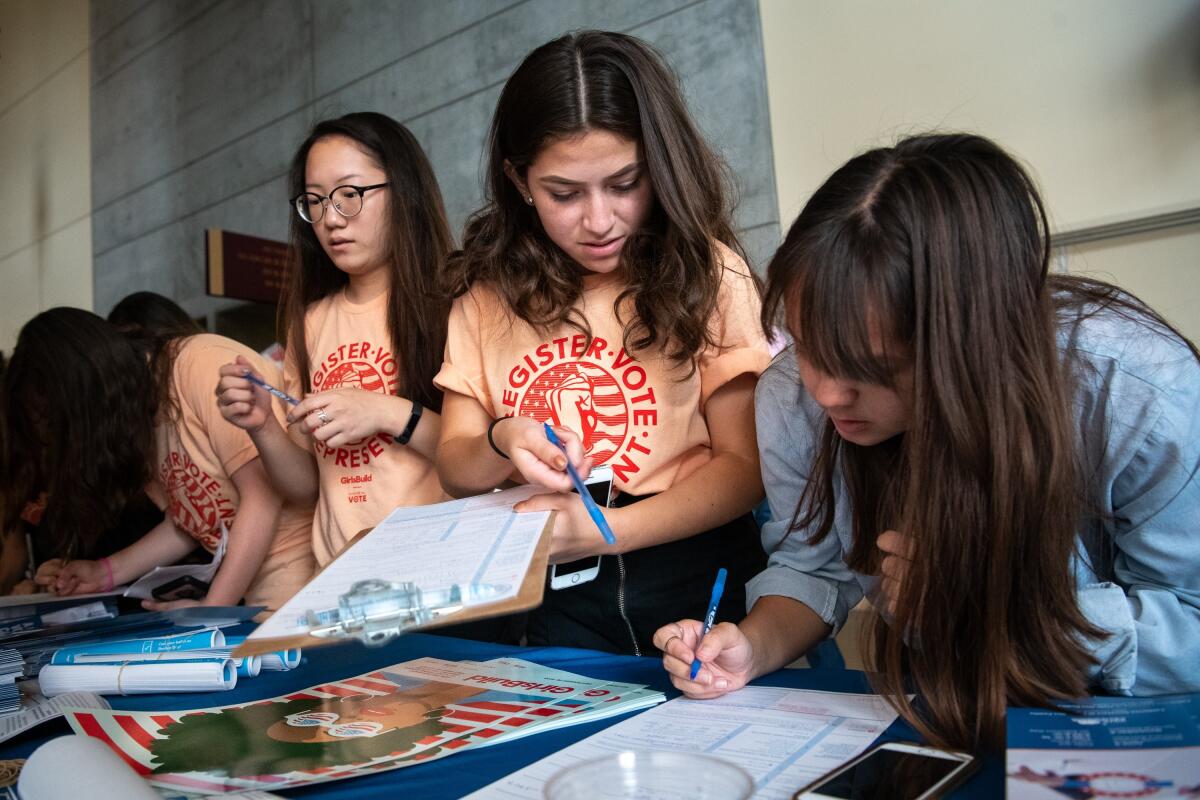By Halle Fukawa | Editor in Chief
It is a wonder how I ended 2020 with any friends.
After going nearly a year without school dances, lunch dates, and forced classroom interactions, quarantine has leached away more than just my motivation to work — it took away my motivation to interact with others. But the coronavirus was not the only uniquely isolating event that occurred in 2020 by a long-shot. In the past year, the heated gap between political parties seemed to have widened into a vast canyon, leaving young people more conflicted than ever.
Being stuck at home gave me the opportunity to engage in a large number of meaningful conversations with my parents — and there was a lot to talk about. A few days after the Capitol insurrection on Jan. 6, my mother asked me if I would consider being friends with a Trump supporter. With little hesitation I stubbornly told her that no, I would not. That seemed to be the response she was anticipating, because that answer was followed by a long, seemingly thought-out lecture on open-mindedness.
It is fair to say that I was unhappy with this outcome. I have always considered myself to be an open-minded and understanding person, but holding out an olive branch to a closed hand seems like an oxymoron.
According to CNBC, up to 55 percent of eligible voters between the ages of 18 and 24 voted in the 2020 Presidential Election, almost ten percent more than in 2016, and became what the President of the New Policy Institute, Simon Rosenberg, called, “the highest ever recorded in the modern era of politics.”
Chances are, this statistic comes as no surprise. From highschoolers gathering in downtown to protest gun rights to organizing their own local Black Lives Matter marches, young people, whether they were able to vote or not, have been demonstrating their interest in politics for years leading up to 2020. And the tension has only been rising.
In the past four years or so, politics have become less about policy and more about human rights. Controversial topics like climate control, gender and LGBTQ+ rights, abortion laws, gun control, and systemic racism did not play such a large role in partisanship nor did it enter the lives and classrooms of students as prominently and resouningly as it does today.
It seems unfair to call a young person “naive” when basing their relationships off political parties when the issues of partisanship have been at a steady trickle into our lives for years. For us students, it is less about the party and more about the beliefs that uphold them.
A majority of young people today get their news from sources like Twitter, Instagram, and Tiktok. While these platforms excel in instant accessibility, their ability to customize the accounts you follow and let you see only what you want to see traps users in an echo chamber.
Social scientist from University of California, Santa Barbara, Joe Walther, explained that “[echo] chambers may be harmful from a societal perspective, because they drive polarization.”
With media platforms associating “The Right” with “sexist,” “racist,” and “liar,” and “The Left” with “sensitive,” “aggressive,” and “radical,” it is clear to see that teenagers are not getting these views from nowhere — they are merely reflecting the attitudes they see around them.
It is unfortunate to say that the turmoil in this country is likely to linger long after the 2020 election and inauguration is over. The past few years have poisoned the coming generations to become more aggressive, more defensive, and more likely to burn their bridges before they are even built. This is not an issue that can be fixed by simply being nice to everyone. This issue has run even deeper than politics — it has bled into the very veins of our relations towards others.






